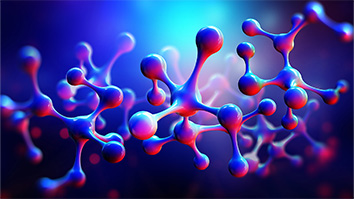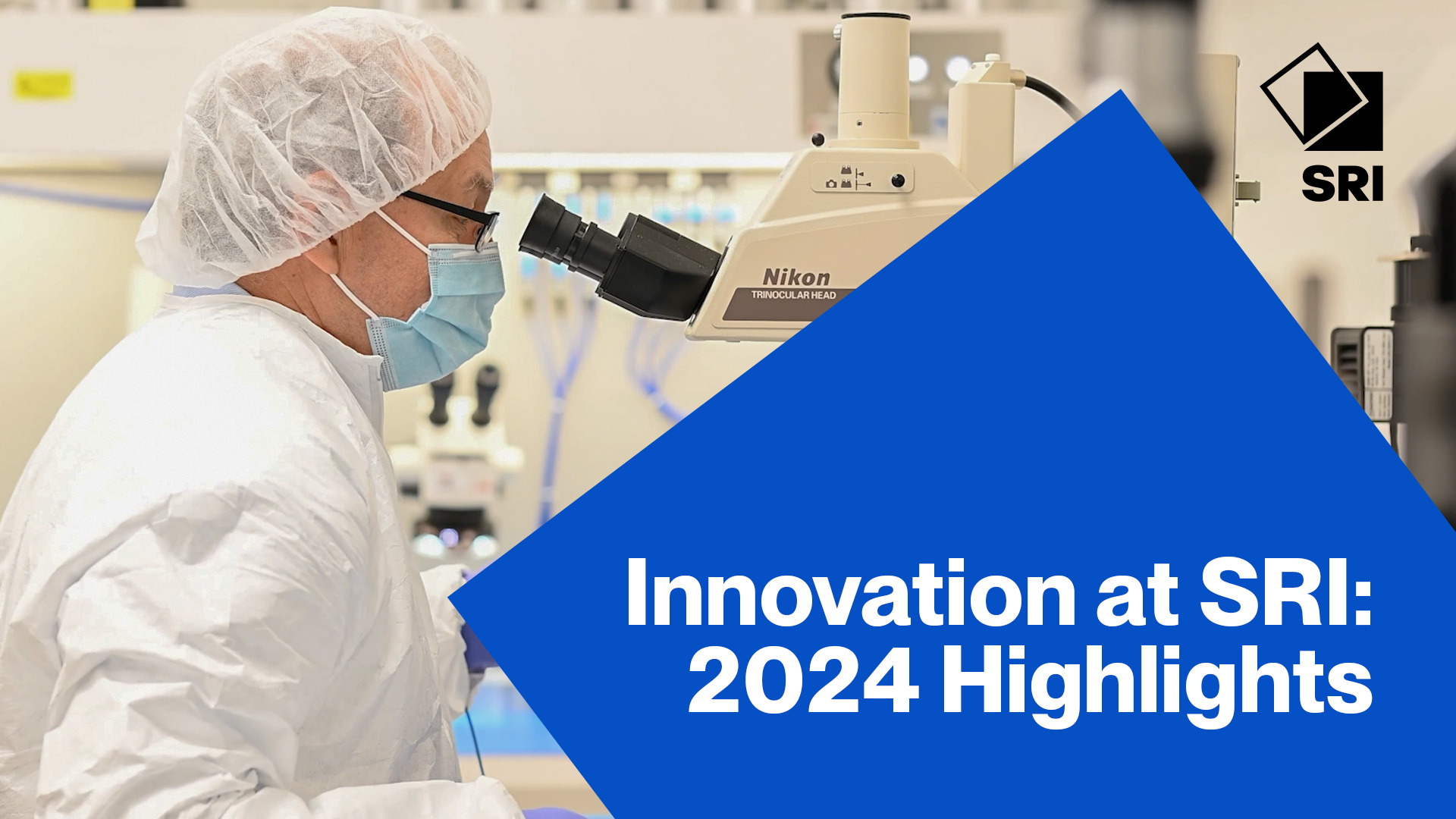Citation
Nelaturi, S.; Rangarajan, A.; Fritz, C.; Kurtoglu, T. Automated fixture configuration for rapid manufacturing planning. Papers from the SIAM Conference on Geometric and Physical Modeling; 2013 November 11-14; Denver, CO, in Computer-Aided Design. 2014 January; 46: 160-169.
Abstract
The wide adoption of agile manufacturing systems has necessitated the design and use of fixtures or work holding devices that have in-built flexibility to rapidly respond to part design changes. Despite the availability of reconfigurable fixtures, practical fixture configuration largely remains an experience-driven manual activity to enable customization for varying workpiece geometry, and most automated solutions do not scale well to accommodate such variation. In this paper, we address the problem of rapidly synthesizing a realistic fixture that will guarantee stability and immobility of a specified polyhedral work-part. We propose that the problem of automated fixture layout may be approached in two distinct stages. First, we determine the spatial locations of clamping points on the work piece boundary using the principles of force and form closure, to ensure immobility of the fixtured part under external perturbation. In particular, we show that the candidate restraints mapped to the six dimensional vector space of wrenches (force-moment pairs) may be hashed in a straightforward manner to efficiently generate force closure configurations that restrain part movement against large external wrenches. When clamps are allowed to exert arbitrarily high reaction forces on the part, the spatial arrangement of the clamping locations ensures the part is in form closure. On generating force/form closure configurations, the chosen locations are matched against a user-specified library of reconfigurable clamps to synthesize a valid fixture layout comprising clamps that are accessible and collision free with each other and the part. Additionally, in the case of determining machining setups the clamps are chosen to avoid collisions with the moving cutting tool. We demonstrate fast algorithms to perform both location selection and fixture matching, and show several results that underscore the practical application of our solution in automated manufacturing process planning.


